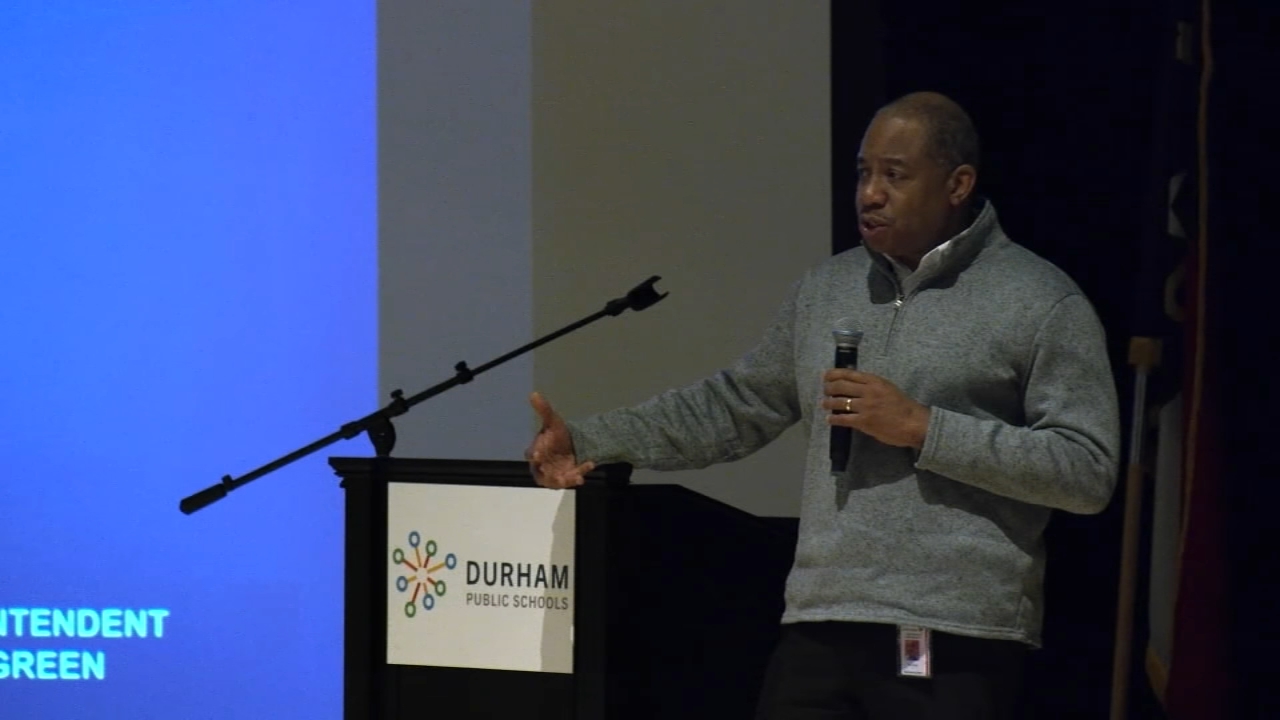After holiday, NC lawmakers face tough test in passing a state budget
RALEIGH, N.C. (WTVD) -- School's out but work is not, and the North Carolina General Assembly has its biggest assignment yet: write and pass a budget on how to spend billions of your tax dollars.
With nearly $30 billion collected last year, the Tar Heel State has quite a bank account including a $6 billion surplus. That surplus, however, provokes an immediate partisan divide on what should be done with that extra cash: Republicans generally support giving it back to taxpayers by slashing taxes, while Democrats argue if we have the money then let's invest it where we need it.
"You've only got a budget surplus if you've got more money than you need to meet your needs," Rep. Grier Martin, D-Wake County, told ABC11. "I don't think there are many North Carolinians that would say we're meeting our needs."
Martin, echoing many Democratic colleagues, are doing their best to support Gov. Roy Cooper's budget principles first introduced in March, which total a record $27.4 billion. Cooper's proposal includes a 10% raise for teachers and principals over two years -- 5.7% in the first year and 4.3% in the second. The plan also provides a $2,000 bonus for educators.
The governor said his budget provides for a $15 per hour minimum wage for non-certified school workers, such as bus drivers and other support staffers.
"The type of budget North Carolina should have is one that actually meets our needs that gives teachers and meaningful pay increase and then make solid investments in infrastructure," Martin added.
Democrats, however, remain on the sidelines as healthy Republican majorities in the House and Senate give the GOP first dibs at passing the budget, and the Senate's proposal has already made its way to the House. Leaders in the House and Senate, moreover, have agreed in principle to a budget that spends $25.7 billion - nearly $2 billion less than Cooper's proposal.
"We don't want to be like Illinois. We don't want to be like California," Rep. Jason Saine, R-Lincoln County, said, referring to Democrat-run states in financial peril. "These things can prevent you and hold you back if you've got long-term debts and government spending that's just out of hand."
Though the House is sure to make its own updates to the Senate plan, Saine and other House leaders expressed support for the bill's inclusion of up $12 billion in cash for infrastructure, capital projects over 10 years, plus significant cuts to both personal and corporate tax rates -- a package that Republicans estimate reduces median household income tax payments by 37% in 2022.
"We want to be pragmatic. We understand that we're going to invest in government and in services," Saine added. "This is for everybody."
Fortunately or unfortunately, political divides over state budgets are hardly new, but what's unique to North Carolina is how the absence of an agreement does not lead to a government shutdown. Instead, the old budget snaps back into place -- and that's exactly what happened in 2019.
While Cooper does hold some leverage with his veto power, the pen is only as mighty as his Democratic support, and four Democrats joined Senate Republicans last month in voting for the budget, 32-18, a supermajority that could override a veto if the four Democrats vote that way again, and a similar number of Democrats defect on the House side.






